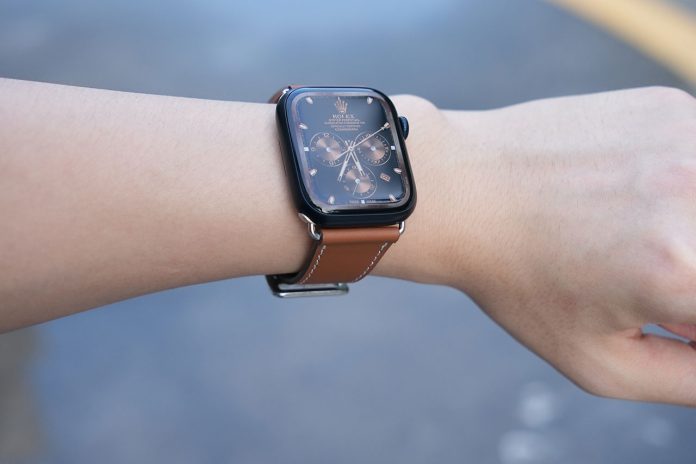Recreational running has exploded in popularity over the last decade, with over 60 million Americans now logging miles regularly. For runners seeking to monitor pace, distance, heart rate zones, and other metrics, a quality GPS running watch is invaluable. With countless models now available spanning a wide range of prices and features, selecting the right running watch can feel overwhelming. Now I’ll tell you how to choose the best running watch.
Table of Contents
You may also want to know: The Complete Guide to Start Running for Better Health
Analyze Accuracy of GPS and Sensors
The number one priority in a running watch is consistently accurate tracking of distance, pace, route, and vitals like heart rate. Look for newer watches utilizing multi-band or multi-satellite GPS systems, which pinpoint your location precisely. These avoid erroneous measurements that can happen mid-run with spotty signals.
For biometrics, seek ECG-grade optical sensors that provide clinical-level precision when measuring heart rate, blood oxygen, sleep cycles, and other health data. Avoid watches with drastically different metrics than medical devices. Accuracy is critical.
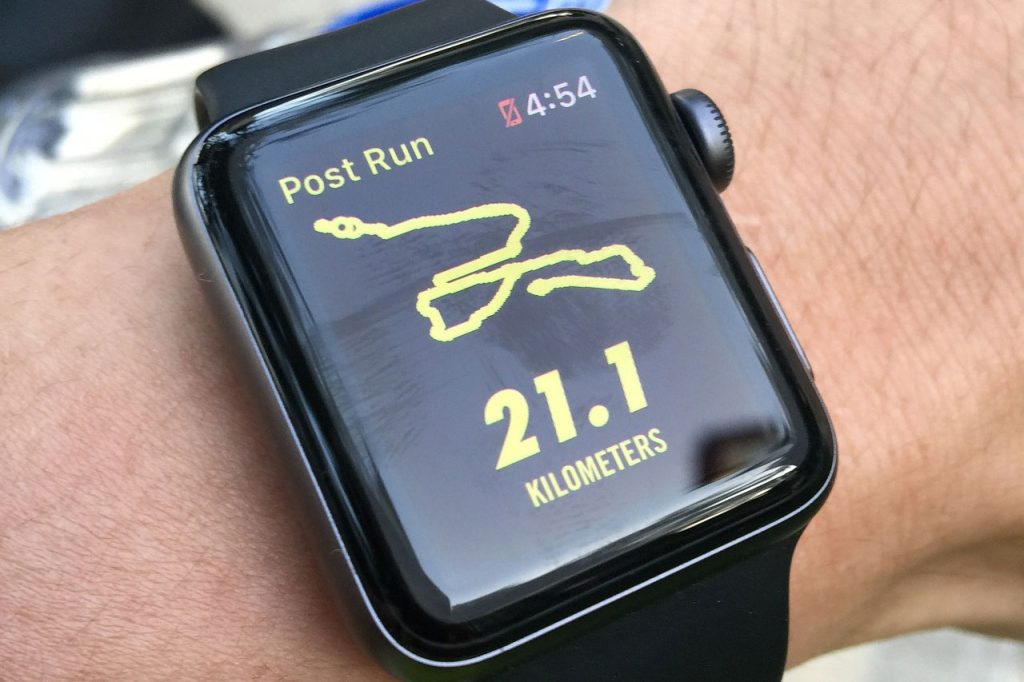
Evaluate Comfort and Fit
You’ll be wearing your running watch daily during workouts and all-day activity tracking, so comfort is key. Look for lightweight builds under 50 grams, silicone or nylon bands that won’t chafe or absorb sweat, and customize watch faces 1.2” or larger for easy glanceability.
Watches with interchangeable bands allow you to tweak the fit. Make sure the wristband and watch body don’t dig into your skin when running. Trying watches on before you buy ensures all-day comfort.
Compare Training Features
Consider what you want to track before purchasing a running watch. Do you want to log interval splits? Analyze vertical oscillation and foot strike? Customize workouts? Receive audio coaching mid-run? The training capabilities vary greatly across running watches.
Basic watches may just offer time, distance, and pace, while advanced models measure running power, cadence, form metrics, recovery time, running economy, and much more. Let your goals and data needs dictate features.
Review Smart Watch Capabilities
Most modern running watches also offer full smartwatch functionality like app notifications, music storage, contactless payments, message dictation, and phone integration. Think about your needs beyond just run tracking.
Some watches are optimized for athletes with lots of performance data but limited smart features. Others are smarter day-to-day watches with just basic run tracking. Decide if you want a fitness-first or tech-first experience before buying.
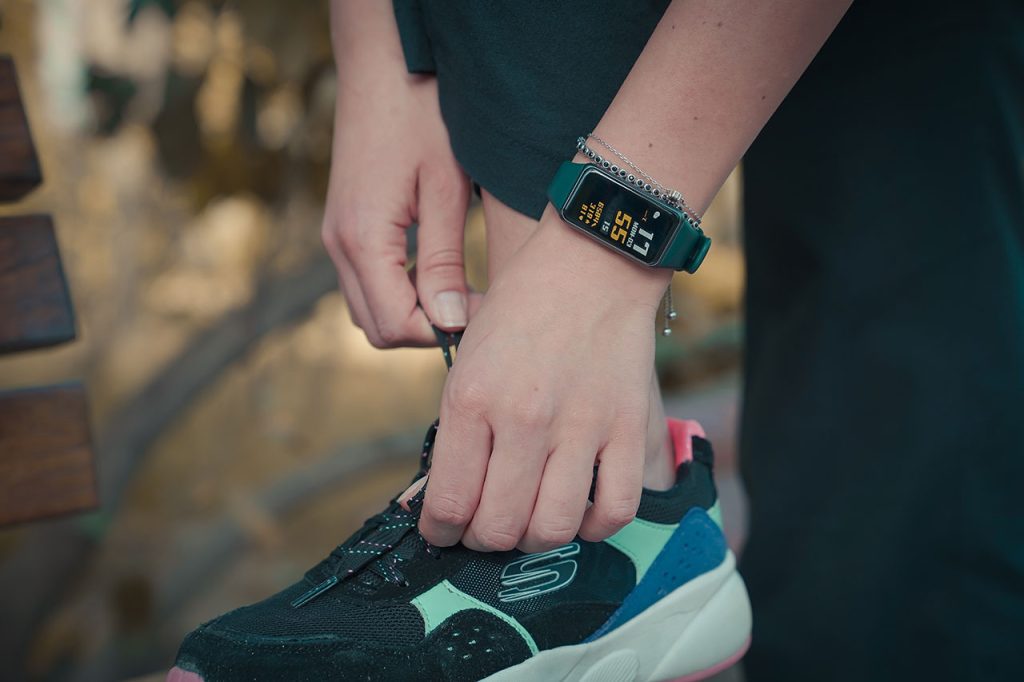
Assess Battery Life Needs
Battery life spans from less than 10 hours of GPS tracking on basic models to over 30 hours with solar charging capabilities on premium watches. Consider your training volume and charging habits.
Do you log ultra distances needing extended GPS? If so, seek long-life batteries. For short runs, more occasional charging may suffice. But there’s nothing worse than a watch dying mid-workout. Battery life affects usefulness.
Compare Data Insights and Analytics
Basic running watches simply present your data numerically on the screen. Advanced models provide deeper data analysis like training load, VO2 max, recovery time, running power, and customized coaching.
If you love crunching numbers, seek in-depth metrics and tools projecting race finish times, recommending optimal workouts, flagging injuries, and more. Hardcore data lovers will appreciate the enhanced insights.
Consider Ease of Use
You likely want your running watch to offer robust features while remaining intuitive to use on the run. Seek out simple menu navigation via physical buttons or the touchscreen so you can start runs, pause, switch data screens, and end your workout with no fuss.
Overly complex watches with convoluted menus you have to study like textbooks will kill your vibe. The ideal running watch puts key data at your fingertips quickly without overwhelming you. Simplicity amidst advanced features is best.
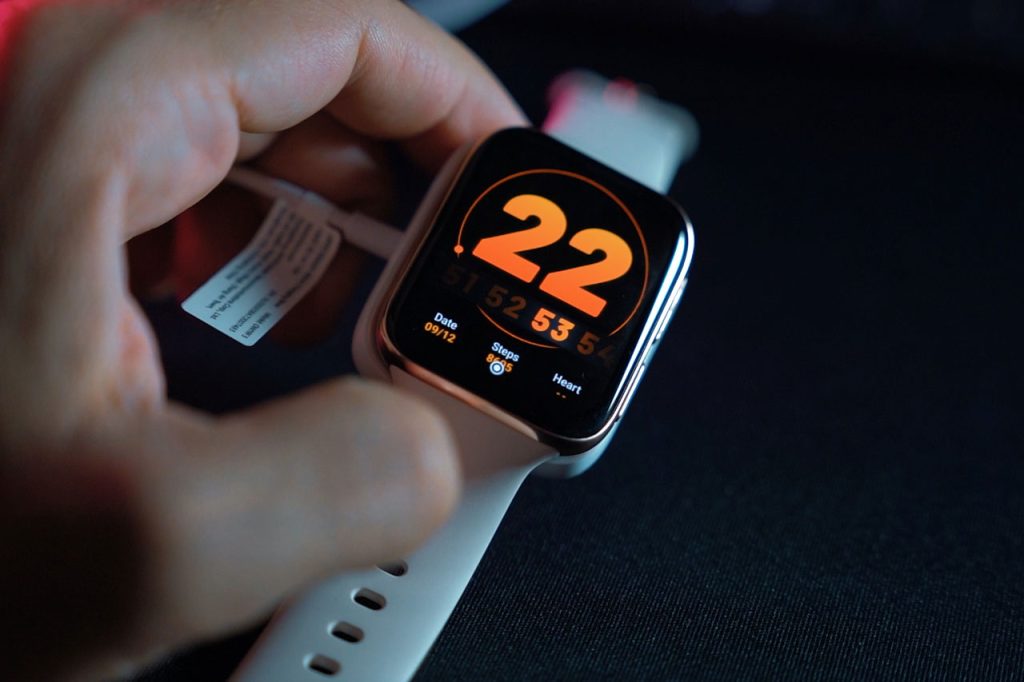
Determine the Price Range Of Running Watch
Running watches span from around $100 to over $800 based on brand, materials, tech capabilities, and smart features. Generally, more investment means more accuracy, performance metrics, and overall functionality. Consider what your budget allows.
For new runners, affordable watches can provide all the basic data you need. Avid runners and data geeks may benefit from premium watches with advanced run tracking and extended battery life. Set a range for yourself.
A quality running watch provides insight to continually improve while offering convenience and motivation to get out the door. Determining your needs and budget will narrow down the options and ensure you select a watch with the right features to match your running lifestyle. Don’t underestimate the value of tracking your progress. A good running watch can shave time and enhance your results.
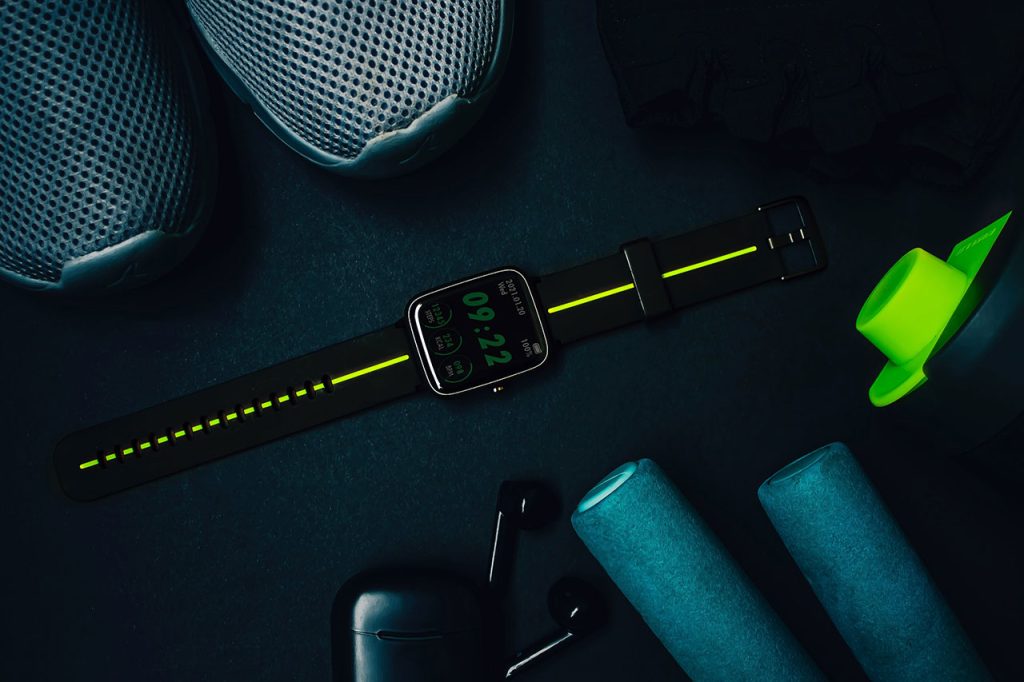
Related Links:
https://en.wikipedia.org/wiki/Running


